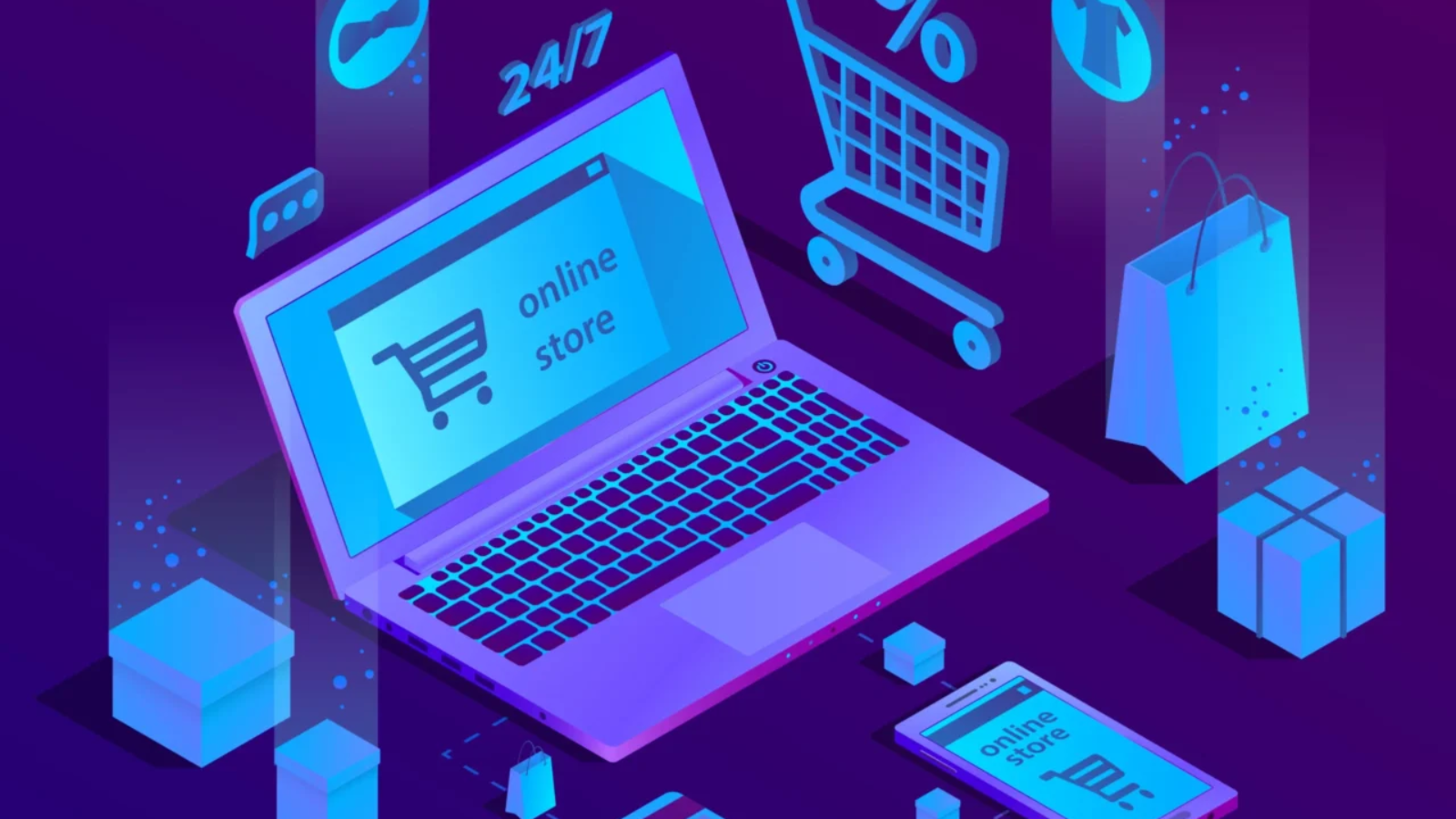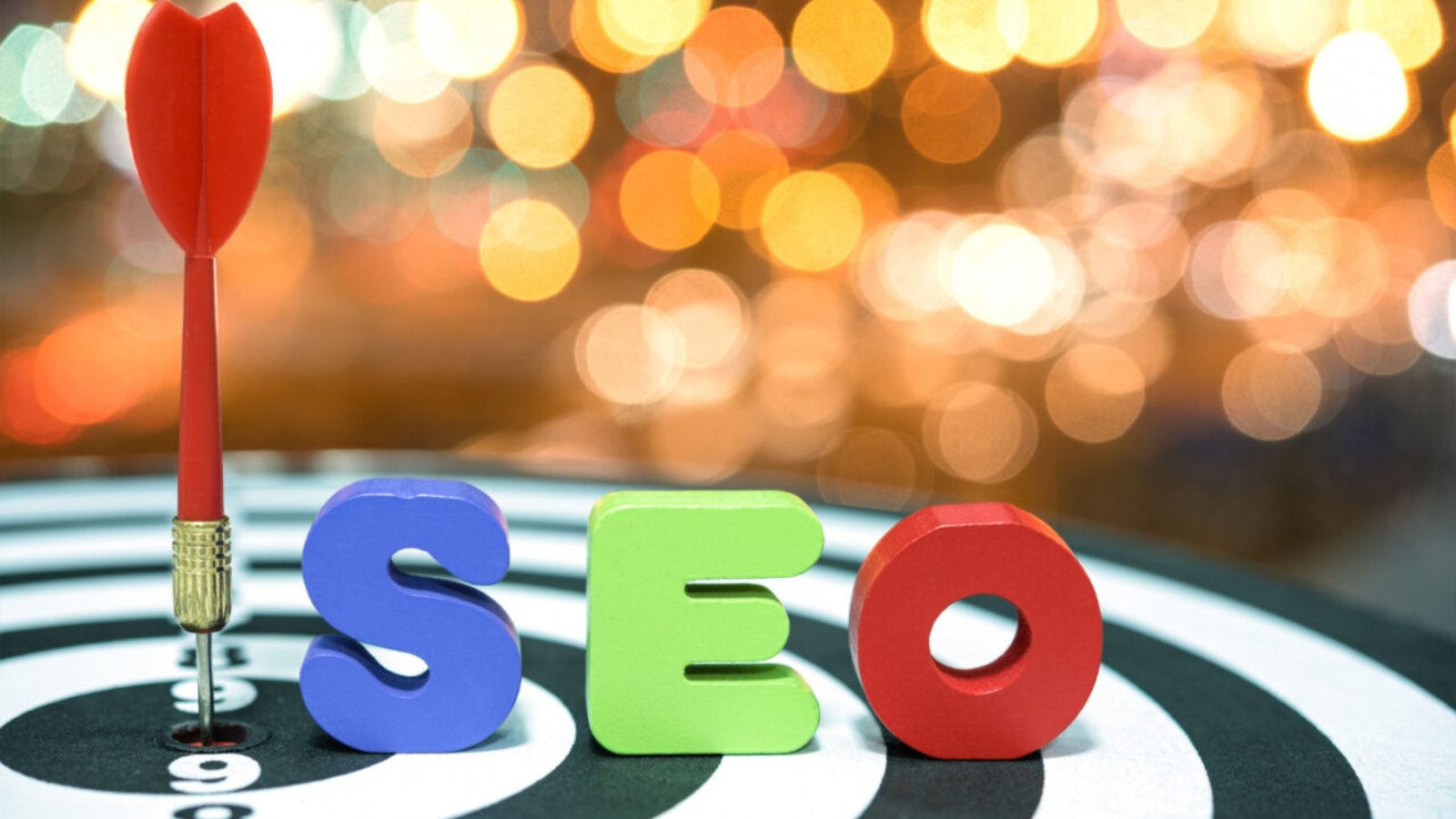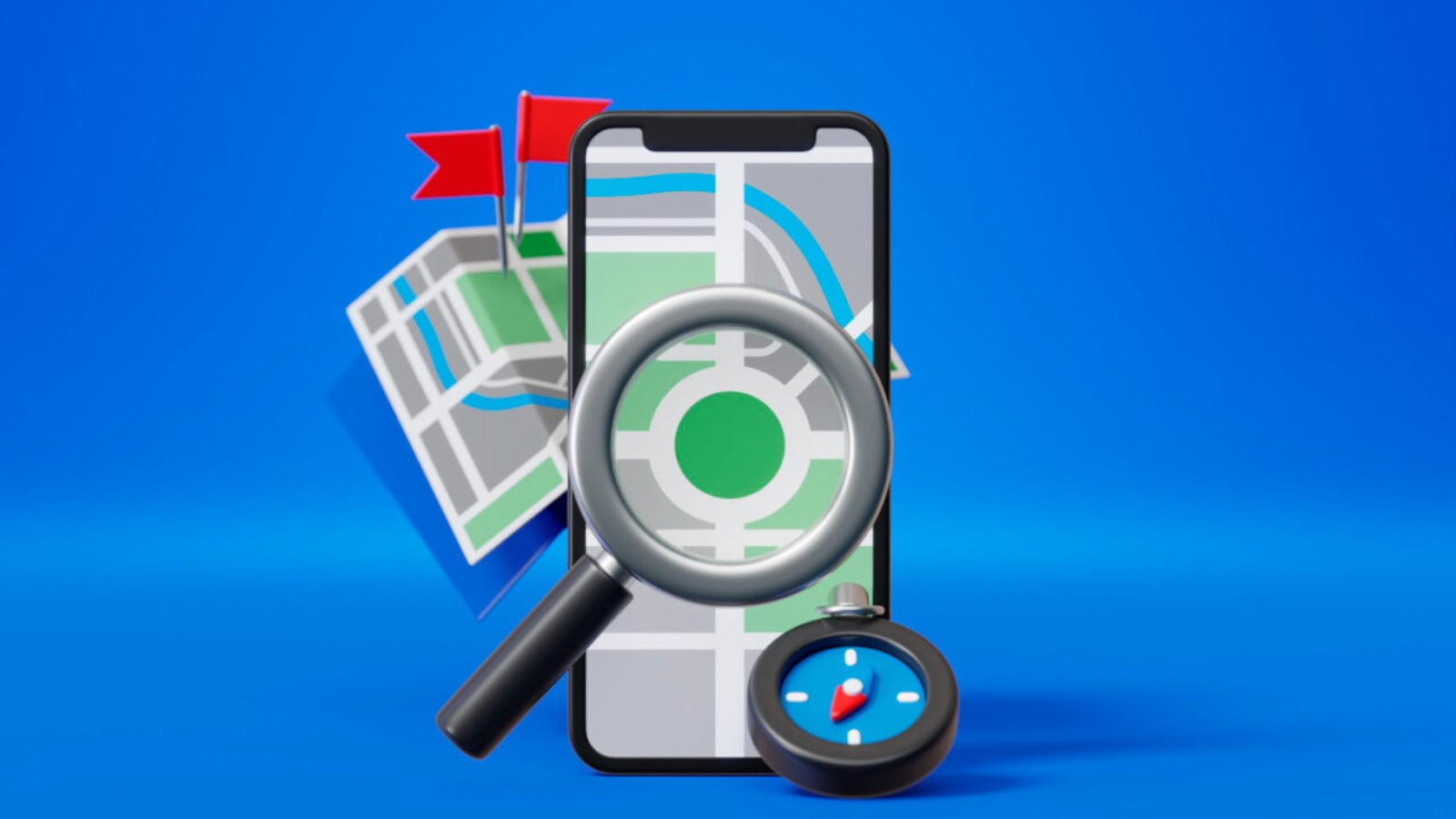The digital landscape in Dubai is advancing quickly. From small businesses in Downtown Dubai to large companies in Business Bay, everyone is trying to find smarter, faster, and more efficient ways to reach customers. One underlying factor in all of this growth is lead generation.
If you’re advertising, emailing, or optimizing your website and still have a problem converting visitors into customers, you need to look into what a Lead Generation Tool can do for you. They help you automate or systematize how businesses find, attract, and nurture leads, and they’re essential in today’s marketplace.
What is a Lead Generation Tool?
A Lead Generation Tool is a software product that is developed to locate, capture, and help convert leads into potential clients for your business. Whether you are managing a real estate agency, a digital marketing agency, or an e-commerce site in Dubai, these tools help you find your high-quality leads through automating outreach, tracking engagement, and qualifying leads.
Most lead generation tools can integrate with and/or enhance your existing website, CRM, or social media platforms, and let your team concentrate on what matters the most — turning interest into sales.
In other words, you will spend significantly less time looking for contacts or sending mass messages, and in many cases, the lead generating tool will do most of the work for you.
Why Dubai Businesses Should Have a Lead Generation Tool
Dubai has a business environment based on innovation and technological usage. With the increasing number of companies in the market, the challenge is not being seen more, it is the ability to keep building consistent connections to the right people.
Here is the reason a Lead Generation Tool for Dubai Businesses is a necessity, not an option:
1. Highly Competitive in All Industries
Industries such as real estate, e-commerce, hospitality, and professional services are rapidly digitizing. Lead generation tools allow businesses to identify the right clients sooner and in a more cost-effective way.
2. Cultural Diversity in the Market
The Dubai market is multicultural with different preferences and purchasing behaviour. These tools offer the ability to segment audiences for personalized campaigns and reach potential clients where they prefer.
3. Change to Digital Transformation
With AI and automation leading the way, lead generation tools provide analytics, automation, and targeting capabilities that you cannot accomplish with manual marketing.
4. Real-Time Data Insights
A good tool can track user behaviour and daily engagement patterns, allowing you to optimize campaign results immediately.
The Best Lead Generation Tool for Dubai Organizations: HubSpot
Among the hundreds of Lead Generation tools available in the market today, HubSpot remains the best Lead Generation tool for Dubai organizations — and for good reason.
HubSpot is not simply a CRM. It is a full inbound marketing and sales platform that enables organizations to manage contacts, track leads, automate their marketing activities, and assess performance in one place.
What’s so powerful? Let’s break it down.
What HubSpot does (and who is it best for?)
HubSpot’s Lead Generation system provides Dubai organizations the ability to get in front of the right audience through many channels, including forms, landing pages, live chat, email marketing, and automation workflows.
Best For:
- Small to mid-sized organizations looking to automate their marketing and sales process.
- Agencies and service providers who are targeting long-term relationship nurturing.
- Enterprises that need an integrated CRM with advanced analytics and reporting capabilities.
Use Cases:
- Real Estate Agencies can capture property leads via landing pages and automatically trigger personalized emails to follow up.
- E-commerce Stores can track behaviour, recover cart abandonment, and reach out with product recommendations.
- B2B Organizations can automate outreach and track the lead through the first touch and the conversion.
Key Features That Make HubSpot the Best Lead Generation Tool
1. All-in-One Marketing and Sales Platform
HubSpot combines lead capture forms, email automation, CRM, tracking of social media, and analytics into one easy-to-use system.
2. Smart Leads Tracking
It allows you to learn who is visiting your website, what pages they have looked at, and how they are interacting with your content — making it easy to know which leads need our attention.
3. Automated Workflows
Whether it is a welcome email or a drip campaign, HubSpot’s automation makes your life easier while still allowing the user to have a personalized experience.
4. Landing Page Builder
Quickly create responsive and high-converting landing pages in minutes without requiring a coding background.
5. CRM Integration
The CRM automatically records lead data and interactions to ensure you do not lose any prospects’ valuable information.
6. Live Chat & Chatbots
Instantly connect with visitors using automated chat, or a live customer service agent — great for Dubai businesses that receive inquiries 24/7.
7. Advanced Analytics & Reporting
HubSpot has great reporting on performance at every stage of your funnel, helping ensure you can make the right decision.
Benefits of HubSpot as a Lead Generation Tool
- Easily Integrates – Works seamlessly with Google Ads, Facebook, LinkedIn, Shopify, and WordPress.
- User Friendly Experience – Very easy to navigate, even for someone who has never used CRMs, marketing apps, or analytics tools before.
- Scale Automation – HubSpot eliminates repetitive every-day tasks, all while maintaining or possibly even optimizing the conversion rate.
- AI Analysis – Smart led scoring, and predictive analytics, identify leads who are most likely to convert.
- Global Application – A great fit for Dubai’s enterprise market.
How HubSpot Supports Dubai Business Needs
Dubai’s dynamic enterprise landscape demands solutions that are fast, scalable, and adaptable to its client needs. HubSpot addresses each of these precise requirements through both localized marketing automation and analytics based strategies.
1. Multi-Language and Multi-Currency Support:
The Dubai market comprises Arabic and also English speakers. HubSpot takes this into account and is a multi-language implementation, and supports many regions’ currencies to specifically engage a dominant consumer base.
2. Integration with Local CRMs and Tools:
HubSpot seamlessly integrates with other commonly used tools in the region such as Zoho, Salesforce, or WhatsApp Business API, allowing businesses to centralize and streamline communication.
3. AI Personalization:
Ultimately, HubSpot uses AI behavioural and demographic suggestions to personalize emails, ads, and landing pages items which is a great way to target and engage Dubai’s diverse consumers.
4. Support for Remote Work and Hybrid Work:
As more businesses pivot to hybrid work cultures, HubSpot’s cloud-based dashboard enables companies to manage their leads from anywhere in their UAE offices.
How to get started with HubSpot in Dubai
A lead generation tool like HubSpot can be implemented by companies in Dubai without needing a technology degree. Just follow these simple steps and you’ll be on your way:
Sign up for HubSpot’s Free CRM Plan
Download the free version so you can get a feel for contact management, live chat, and email tracking.
Integrate the Platforms You Currently Use
Link your website, email, and social media accounts to connect all your channels into one space where you can sync everything.
Create Lead Forms and Landing Pages
Create attractive landing pages with highly optimized call-to-actions aimed at your audience in Dubai.
Set Up Automate Workflows
Automate your follow-ups and nurture campaigns for quicker conversion timelines.
Track and Analyse Performance
Use HubSpot’s analytics dashboard, to check which leads are coming from which campaigns.
Other Popular Tools for Lead Generation
While HubSpot is the best option, and often the best platform for many, here are two other platforms who excel at metrics specifically for businesses in Dubai:
- Zoho CRM – A great option for smaller businesses, affordability, and customization.
- LinkedIn Sales Navigator – A great option for B2B lead generation and prospecting outreach.
- Pipedrive – A visual CRM that works well for tracking the stage of a deal
- Salesforce – A true heavyweight enterprise solution that offers comprehensive analytics for large-scale operations.
Each tool has its advantages, but HubSpot is simply better in terms of its ability to combine usability, automation, and performance tracking than most of its competitors.
Conclusion
Lead generation is not only about collecting leads, it is also about relationship building, majoring your data, and automating meaningful engagement for your business. For companies in Dubai operating in a fast-paced digital landscape, investing in the right Lead Generation Tool can be the difference between growth and stagnation.
While there are many tools out there, HubSpot for sure is the leading lead generation tool for businesses in Dubai, that offers anything from advanced CRM integration to the power of insights driven by AI, to automation, and analytics.
Interesting Reads
AI Security Posture Strategies for Safer AI Deployment
Python vs JavaScript: Comparison, Use Cases, Pros and Cons
Computer Vision vs Machine Learning: Key Differences and Use Cases






